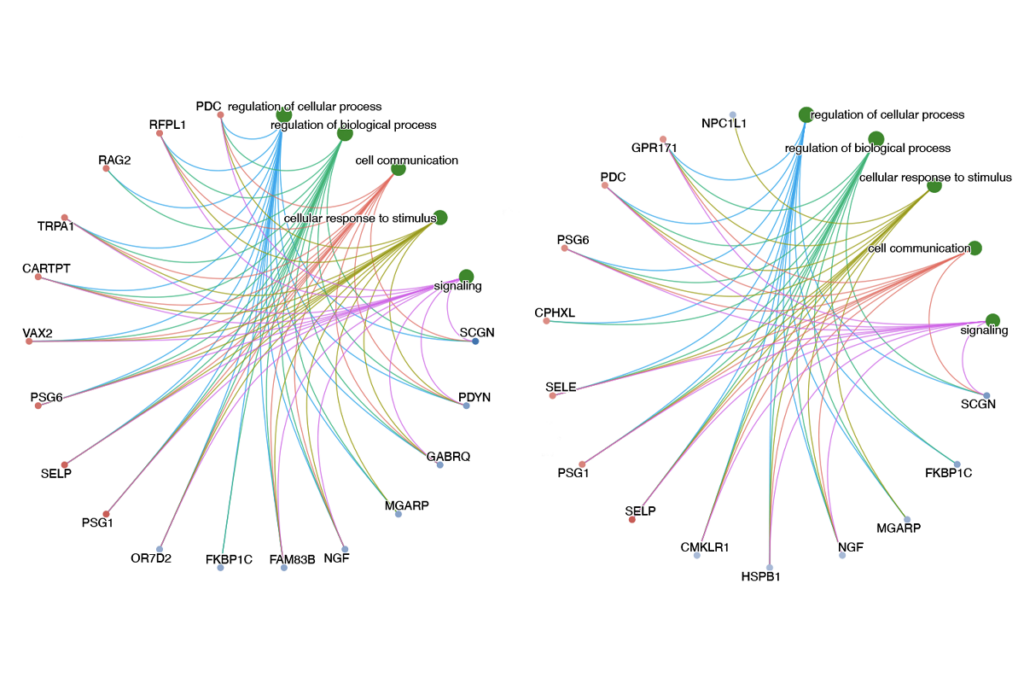Premature ideas
A New York Times opinion column on 25 August suggested that at least some cases of autism could be considered inflammatory disorders. But this theory is still in its infancy.
On 25 August, in an opinion column for The New York Times, Moises Velasquez-Manoff proposed a set of interesting theories about how diseases of immune dysregulation have increased over the past 60 years, and the relevance of these disorders for autism.
The article was not a scientific manuscript; it was based on opinion and designed to provoke the readers into considering the possible relationship between advances in autism research and more global changes in health and disease.
Based upon his understanding of the recent autism literature, Velasquez-Manoff proposed that at least some cases of autism could be considered inflammatory disorders, and that the inflammation most likely arises during gestation.
It’s true that research over the past few years supports the notion of immune dysregulation during gestation as one possible route to changing fetal neurodevelopment. But this theory is still in its infancy with respect to autism.
As an immunologist, this is an active area of my own research. As someone who has been working in immune-mediated disorders for my entire career, I find recognition of the critical role that the immune system plays in neurodevelopment exciting.
However, there are a few areas that might need clarification for those who are not completely familiar with immune dysregulation in autism.
First, Velasquez-Manoff says:
In autistic individuals, the immune system fails at this (regulation between pro- and anti-inflammatory) balancing act. Inflammatory signals dominate. Anti-inflammatory ones are inadequate. A state of chronic activation prevails. And the more skewed toward inflammation, the more acute the autistic symptoms.
Although this statement is partially correct, research tells us that there is a great deal of variation in individuals with autism when it comes to immune function.
Dangerous generalizations:
Some individuals with autism have a poor, low-functioning immune response that barely releases any kind of immune signal, let alone inflammation. Others have normal, healthy immune systems. And then there are those individuals with the disorder who have an inflammatory immune profile that lacks appropriate regulation.
It is important to remember that generalizing the findings from one subtype or group to another can be dangerous where treatment is concerned.
Maternal immune dysregulation during gestation is a particularly intriguing avenue of research. The article mentioned my work on macaques, in which my colleagues and I showed that pregnant monkeys injected with antibodies from mothers of children with autism go on to have offspring that show autism-like behavior.
Velasquez-Manoff described this as, “In this model, autism results from an attack on the developing fetus.”
The model appears to be gaining support, and our results have been verified in additional monkey studies, and in two separate mouse models.
Velasquez-Manoff is less convinced by research suggesting that a bacterial or viral infection during pregnancy can cause autism: “Yet to blame infections for the autism epidemic is folly. First, in the broadest sense, the epidemiology doesn’t jibe.”
It is true that the incidence of viral and bacterial infections has diminished in the past few decades, but how our bodies handle the infection is really the issue here. It is not as simple as looking at epidemiological data on infection rates to determine whether infection during pregnancy is a factor in autism.
So, although we are beginning to understand the relationship between autism and the maternal response to an immune perturbation during pregnancy, more research is needed to determine why some women get sick during pregnancy and have a healthy child and others do not.
In conclusion, it is certainly possible that a state of chronic inflammation could be a factor in autism pathogenesis in a subset of children with autism, either in the child or through maternal exposure. The opinion piece very eloquently reminded us that we perhaps need to look beyond the scope of a particular disorder to understand the relationship between that disorder and more global health issues.
Could there be a link between the rise in immune-mediated disorders such as autoimmunity and allergies/asthma, and a neurodevelopmental disorder like autism? It is only through the willingness to consider the possible shared mechanisms that we will be able to answer this question and move forward towards prevention.
Judy Van de Water is professor of clinical immunology at the University of California, Davis.
Recommended reading

PTEN problems underscore autism connection to excess brain fluid

Autism traits, mental health conditions interact in sex-dependent ways in early development

New tool may help untangle downstream effects of autism-linked genes
Explore more from The Transmitter

